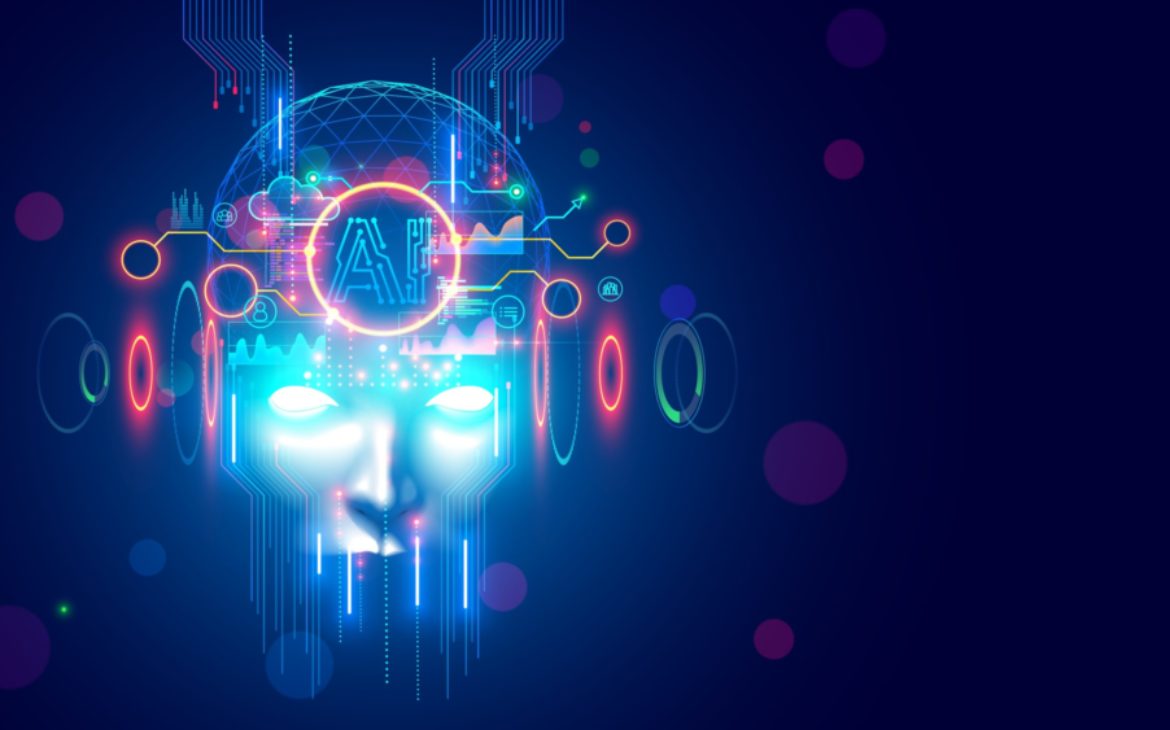Geoffrey Hinton, together with two other so-called “godfathers of artificial intelligence” (Yoshua Bengio and Yann LeCun) won the 2018 Turing Award for their work on neural networks that became the intellectual foundation for advanced AI systems used by the biggest tech companies, but now he says a part of him regrets his life’s work.
Dr. Hinton recently quit his job at Google after more than a decade to speak out about the risks of artificial intelligence, according to an interview with the 75-year-old in The New York Times.
I console myself with the normal excuse: If I hadn’t done it, somebody else would have. It is hard to see how you can prevent the bad actors from using it for bad things.
Hinton already informed Google of his resignation a month ago, and last week he had a phone call with CEO Sundar Pichai, according to the NYT. However, he refused to publicly disclose the details of that conversation.
The lifelong academic joined Google after it acquired a company started by Hinton and two of his students, one of whom went on to become chief scientist at OpenAI. Hinton and his students developed a neural network that taught itself to identify common objects like dogs, cats, and flowers after analyzing thousands of photos. It was this work that ultimately led to the creation of ChatGPT and Google Bard.
Speaking to The New York Times, Hinton says he was happy with Google’s management of the technology until Microsoft launched the new Bing with OpenAI, challenging Google’s core business and prompting a “code red” within the search giant. Such fierce competition may be impossible to stop, Hinton says, resulting in a world with so many fake images, videos and texts that no one will be able to tell “what is true anymore.”
Google’s chief scientist, Jeff Dean, tried to soften the blow with the following statement: “We remain committed to a responsible approach to AI. We’re continually learning to understand emerging risks while also innovating boldly.”
Hinton also took to Twitter to clarify his position on Google’s administration:
The spread of misinformation appears to be only Hinton’s immediate priority. In the long run, he is concerned that AI will eliminate rote jobs and perhaps humanity itself as it begins to write and run its own code.
“The idea that this stuff could actually get smarter than people – a few people believed that,” Hinton told the NYT. “But most people thought it was way off. And I thought it was way off. I thought it was 30 to 50 years or even longer away. Obviously, I no longer think that.”
Many other experts, including his students and colleagues, say this threat is hypothetical. But Dr. Hinton believes the race between Google and Microsoft and others will escalate into a global showdown that won’t stop without some kind of global regulation.
But that may be impossible. Unlike nuclear weapons, he said, there is no way to know if companies or countries are secretly working on this technology.
The best hope is for the world’s leading scientists to collaborate on ways to regulate the technology. “I don’t think they should increase this until they figure out if they can control it,” comments Dr. Hinton.
